
[ad_1]
Greenhouse gardening is turning into more and more widespread amongst gardening fanatics and hobbyists, providing a managed atmosphere for rising quite a lot of crops year-round. This text supplies an in depth information to deciding on the best crops to develop in your greenhouse, considering numerous components and strategies for widespread crops.
Components to think about when selecting crops for a greenhouse
When selecting crops for a greenhouse, a number of components have to be taken into consideration to make sure their profitable development and improvement. These components embrace:
Local weather and Temperature Necessities
Completely different crops have particular temperature preferences. Choosing crops with related necessities will assist keep a steady atmosphere in your greenhouse. Usually, greenhouses could be categorised into three temperature classes: cool (40-55°F), reasonable (55-65°F) and heat (65-80°F).
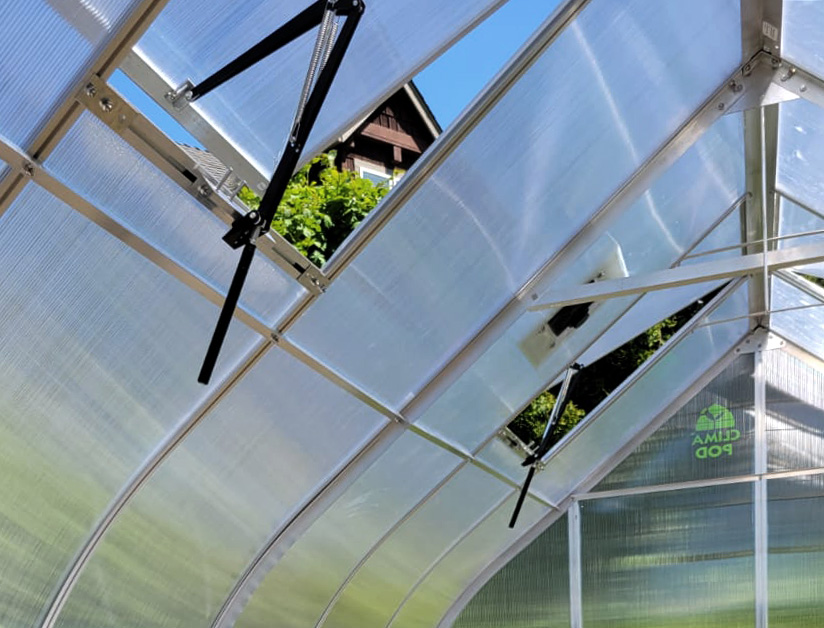
Gentle Necessities
Some crops want full solar, whereas others choose keen on full shade. Be sure you meet the sunshine wants of the crops by positioning them accordingly contained in the greenhouse.
House Necessities
Perceive the dimensions of mature crops and supply sufficient house to stop overcrowding and promote wholesome development.
Humidity Preferences
Crops have completely different humidity necessities. Place crops with related wants collectively to make it simpler to manage the atmosphere.
Pest Resistance
Choose crops recognized to be proof against pests and ailments to scale back upkeep efforts and defend different crops in your greenhouse.
Care and Upkeep
Contemplate the care necessities of every plant, together with watering, pruning and fertilizing, and select ones that you could comfortably handle.
| Temperature zone | Crops |
|---|---|
| Cool greenhouse (40-55°F) | Fern, primrose, cyclamen |
| Reasonable greenhouse (55-65°F) | Tomatoes, cucumbers, begonias, geraniums |
| Heat greenhouse (65-80°F) | Orchids, anthuriums, carnivorous crops, succulents |
| Particular course | Crops |
|---|---|
| Carnivorous crops | Fly catchers, water lilies, sunflowers |
| Succulents and cacti | Echeveria, aloe, prickly pear |
| Unique tropical crops | Bromelias, anthuriums, heliconias |
| Uncommon and endangered species | Venus flytrap, amorphophallus, sequoia |
In style crops for the greenhouse
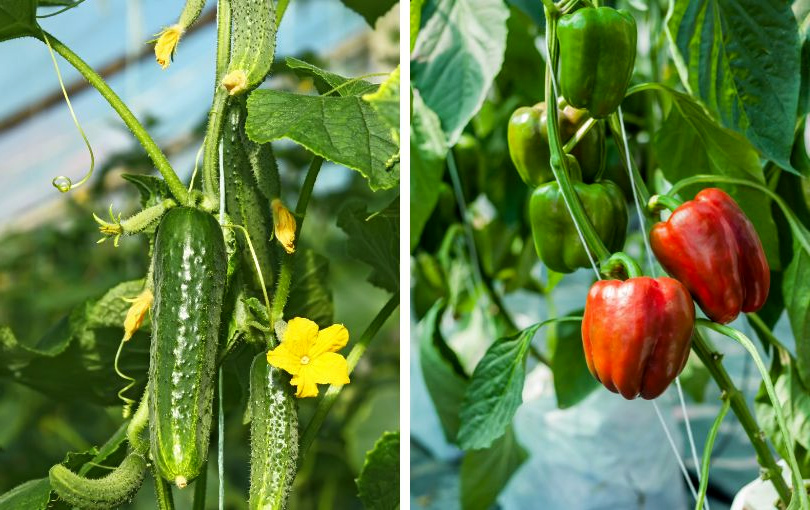
Greens
- Tomatoes: They thrive in a heat greenhouse with a continuing temperature of 65 to 75°F.
- Peppers: Each candy and sizzling varieties develop properly in a heat greenhouse with temperatures starting from 65 to 80°F.
- Cucumbers: These greens choose a heat and humid atmosphere with a temperature of 70 to 80°F.
- Lettuce: A cool greenhouse with a temperature of 40 to 55°F is good for rising lettuce.
- Spinach: Like lettuce, spinach thrives in a cool greenhouse with temperatures starting from 40 to 55°F.
Fruits
- Strawberries: A reasonable greenhouse temperature of 55 to 65°F is appropriate for these fruit-bearing crops.
- Grapes: Grapevines thrive in reasonable greenhouses with temperatures round 55-65°F.
- Melons: These fruits require a heat greenhouse with temperatures starting from 65 to 80°F for optimum development.
- Citrus Timber: Lime, lemon and orange bushes thrive in heat greenhouses with temperatures starting from 65 to 80°F.
Herbs
- Basil: This herb prefers the nice and cozy atmosphere of a greenhouse with temperatures starting from 65 to 75°F.
- Mint: A reasonable greenhouse temperature of 55 to 65°F is good for mint.
- Rosemary: This fragrant herb thrives in a reasonable greenhouse with temperatures round 55-65°F.
- Thyme: Like rosemary, thyme prefers a reasonable greenhouse temperature of 55 to 65°F.
Decorative Crops
- Orchids: These unique crops want a heat and humid greenhouse with a temperature of 65 to 80°F.
- Begonias: These colourful crops thrive in a reasonable greenhouse with temperatures round 55-65°F.
- Fuchsias: A cool to reasonable greenhouse temperature of 45 to 60°F is appropriate for these flowering crops.
- Geraniums: These widespread crops thrive in a reasonable greenhouse with temperatures starting from 55 to 65°F.
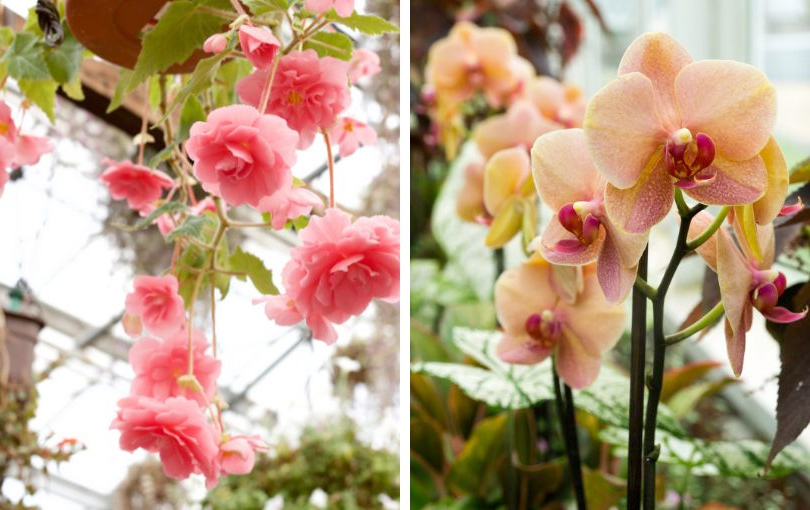
| Class | Crops |
|---|---|
| Greens | Tomatoes, peppers, cucumbers, lettuce, spinach, radishes, carrots |
| Fruits | Strawberries, grapes, melons, citrus bushes |
| Herbs | Basil, mint, rosemary, thyme, parsley, dill, sage |
| Flowers and decorative crops | Orchids, begonias, fuchsias, geraniums, petunias, nasturtiums |
| Medicinal crops | Echinacea, chamomile, calendula, lemon balm, aloe vera |
Choosing crops for the greenhouse in particular areas
- Carnivorous Crops: Flycatchers, water lilies and sunflowers thrive in heat, humid greenhouses with temperatures starting from 65 to 80°F.
- Succulents and Cacti: These low-maintenance crops choose a heat, dry atmosphere with temperatures starting from 65 to 80°F.
- Unique Tropical Crops: Crops resembling bromeliads, anthuriums and heliconias thrive in a heat, humid greenhouse with temperatures round 65-80°F.
- Uncommon and Endangered Species: Greenhouses provide a managed atmosphere for rising endangered plant species and selling their conservation.
Choosing crops for a greenhouse for particular functions
- Air purifying crops: Spiderwort, sansevieria and fern are hardy crops and thrive in reasonable greenhouses with temperatures between 55 and 65°F.
- Crops to Entice Pollinators: Lavender, salvia and monarda appeal to pollinators and thrive in temperate greenhouses with temperatures starting from 55 to 65°F.
- Edible Crops for Culinary Use: A wide range of herbs, vegatables and fruits could be grown in a greenhouse for contemporary, home-grown produce year-round.
- Medicinal Crops: Echinacea, chamomile and calendula are a number of medicinal crops that may be grown in a reasonable greenhouse with temperatures starting from 55 to 65°F.
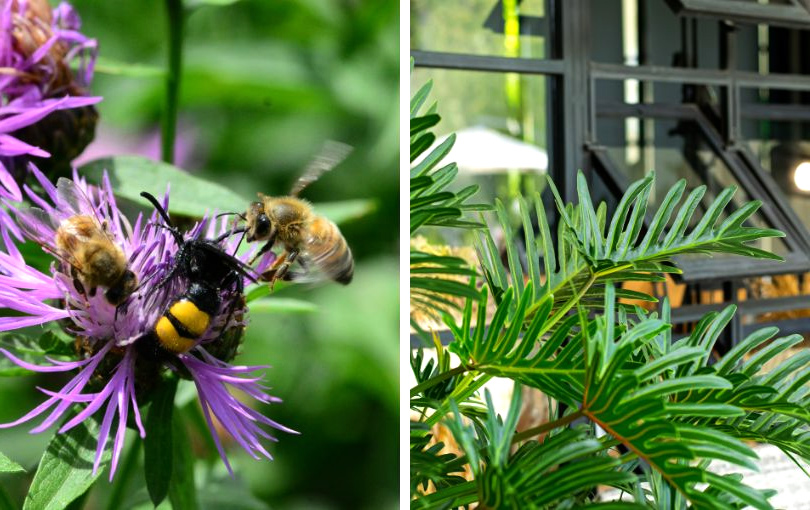
Suggestions for efficiently rising crops in a greenhouse
- Correct preparation of the greenhouse atmosphere
Be certain that the temperature, humidity and lighting situations are optimized on your chosen crops earlier than introducing them into the greenhouse. - Choosing High quality Seeds and Seedlings
Put money into seeds and younger crops from trusted sources to make sure wholesome development and excessive yields. - Implementing Correct Watering and Fertilizing Schedules
Tailor your watering and fertilizing schedule to the precise wants of your crops, considering components resembling humidity and temperature. - Pest and Illness Monitoring and Management
Often examine your crops for indicators of pests and ailments and take rapid motion to right any issues. - Pruning and Shaping Crops for Optimum Progress
Often trim and form your crops to encourage wholesome development and forestall overcrowding. - Rotating Crops to Preserve Soil Well being
Often rotating the crops in your greenhouse will assist stop soil depletion and scale back the chance of illness.
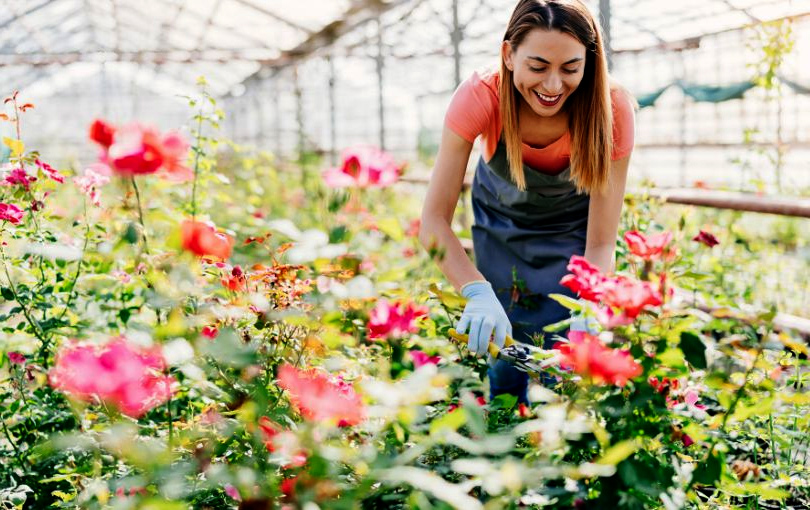
Conclusion
In conclusion, selecting the best crops on your greenhouse is essential to making a thriving backyard. By considering components resembling temperature, mild and house necessities, you may create a different and productive greenhouse atmosphere. Don’t be afraid to experiment with various kinds of crops and uncover the thrill of greenhouse gardening.
[ad_2]